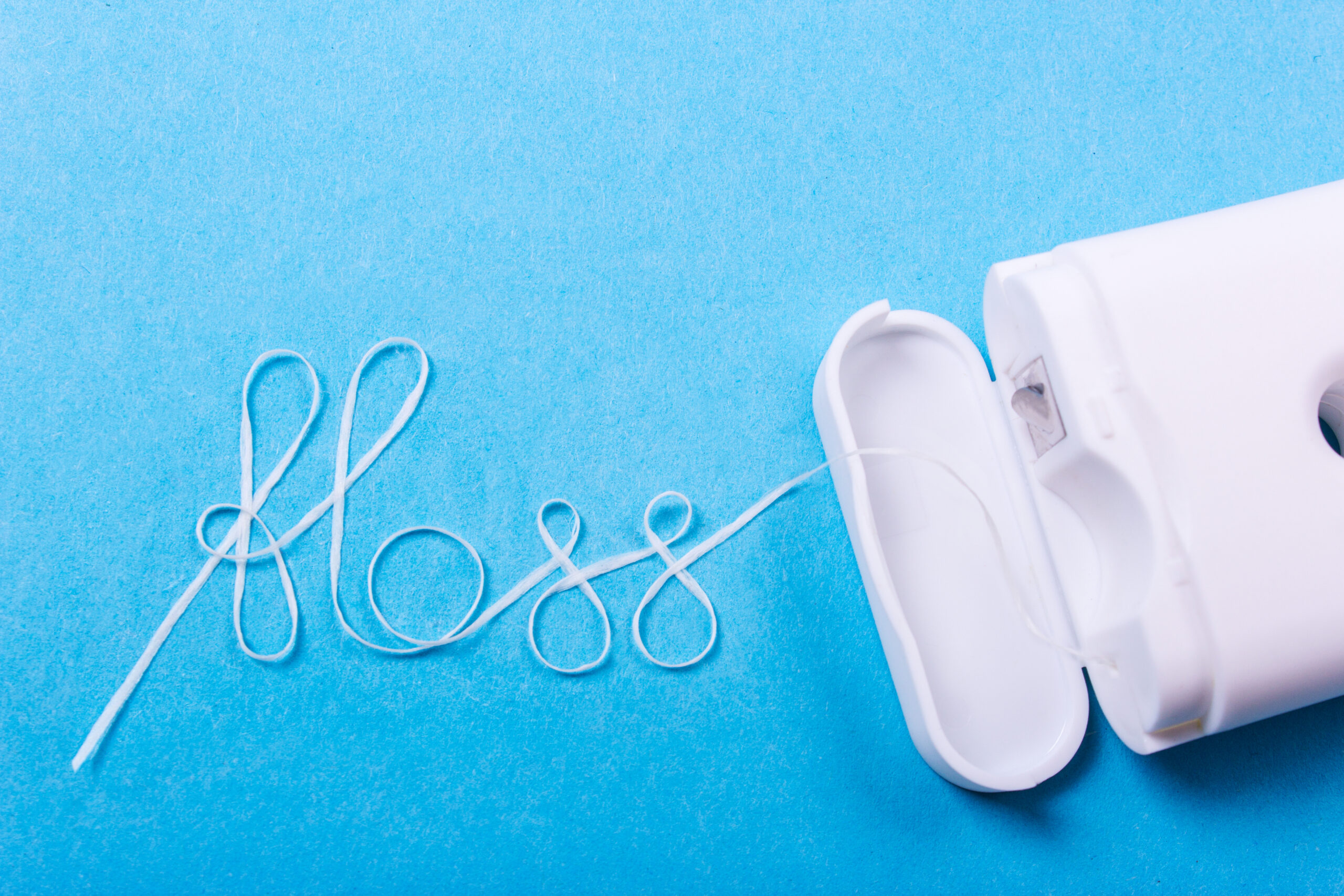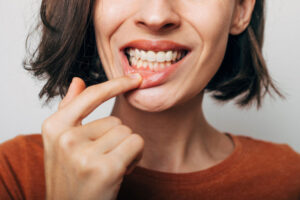Flossing. Most people avoid it while others are avid flossers. When growing up, the older people in our lives always taught us to brush our teeth, and that is very important. While you should brush routinely, flossing seems to be put to the wayside. Flossing is crucial, because it removes plaque and debris where your toothbrush cannot reach. Without flossing, your teeth may experience a buildup of plaque, which can lead to tooth decay and gum disease. If you floss along with brushing your teeth, you will notice your gums and teeth will be much healthier.
Like toothbrush options, floss options are available, too. When you are deciding which dental floss to use, you will come across two different types: nylon and single filament. Either one is sufficient, as long as you’re regularly flossing. If you are confused on the differences, and which you may prefer, nylon floss is made up of several strands of nylon material, meaning it can shred or snag between teeth. Single filament floss, even in the tightest of areas between your teeth, is impossible to shred or tear.
The main problem many people have with flossing is the fact that it can result in bleeding of the gums. Anytime you floss and get between your teeth and around your gums, the floss will rub against your gums, resulting in the occasional bleeding. Many people take this the wrong way, and immediately stop flossing, usually for good. Bleeding is very common and should not deter you from flossing. If the bleeding seems out of the normal for you, consult with your dentist.
Toothbrushes are not meant to clean every area of your mouth. They are designed to do their best, but typically they cannot reach in the very back or other hard to reach places, such as between the teeth. This is why flossing is so important. With the areas missed, the plaque will build up until cavities or decay begins. To get this debris and plaque before it builds up into something more serious, you’ll need to floss.
To keep your teeth and gums healthy, you’ll to brush and floss your teeth. Regular checkups with your dentist will help as well, although it is up to you to continue your regular maintenance at home with flossing and brushing.




